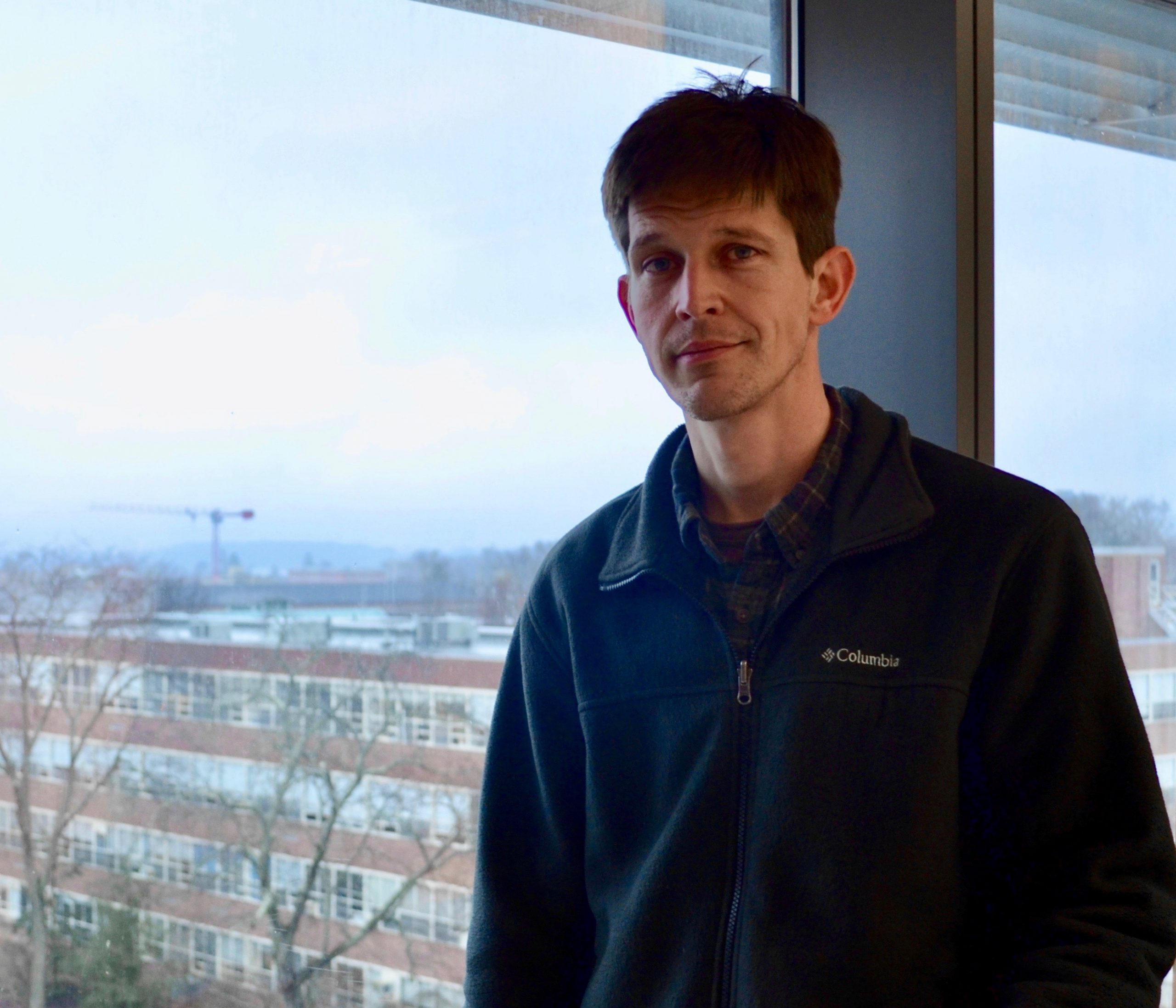
- This event has passed.
PICS Colloquium: “Exploring the landscape of model representations”
February 2, 2024 at 2:00 PM - 3:00 PM
Many studies adopt low-resolution, coarse-grained (CG) models to investigate polymers, proteins, and other soft materials. These studies must first specify the details that are retained in the low-resolution model, i.e., they must specify the “CG representation.” Unfortunately, the “best” representation for complex systems is not always obvious. In this study, we systematically explore the space of model representations for a typical protein and we examine how the properties of the CG model depend upon the choice of representation, i.e., the details retained in the CG model. By adopting a simple high-resolution model for protein fluctuations, we quantitatively assess the quality of a representation based upon its information content, I, and spectral quality, Q. While I quantifies the information lost due to eliminating details from the high-resolution model, Q quantifies the extent to which the representation preserves large scale motions. By employing these metrics as energy functions and adopting an ergodic move set, we explore the local and global minima in the space of representations. Additionally, by employing Monte Carlo methods, we quantify the number of representations with a given quality. We find that representations with high spectral quality match our physical intuition, while highly informative representations do not. Indeed, we find that the information content and spectral quality are anti-correlated among low-resolution representations. Moreover, our study suggests the possibility of a critical resolution below which there may exist a “phase transition” distinguishing good and bad representations. These studies may provide insight for developing CG models of soft materials and, more generally, for developing reduced representations of complex phenomena or high-dimensional data.

William Noid
Professor of Chemistry at Penn State University
Will Noid earned a B.S. in 2000 from the University of Tennessee, Knoxville, where he majored in chemistry, while minoring in mathematics and physics. He earned a PhD from Cornell University in 2005 for developing quantum, semi-classical, and classical theories of nonlinear vibrational spectroscopy under the supervision of Roger Loring and in collaboration with Gregory Ezra. He then conducted postdoctoral research at the University of Utah, Salt Lake City in the group of Gregory Voth, where he developed theories for multiscale modeling in collaboration with Hans Andersen. He joined the Chemistry faculty at Penn State University in 2007.
